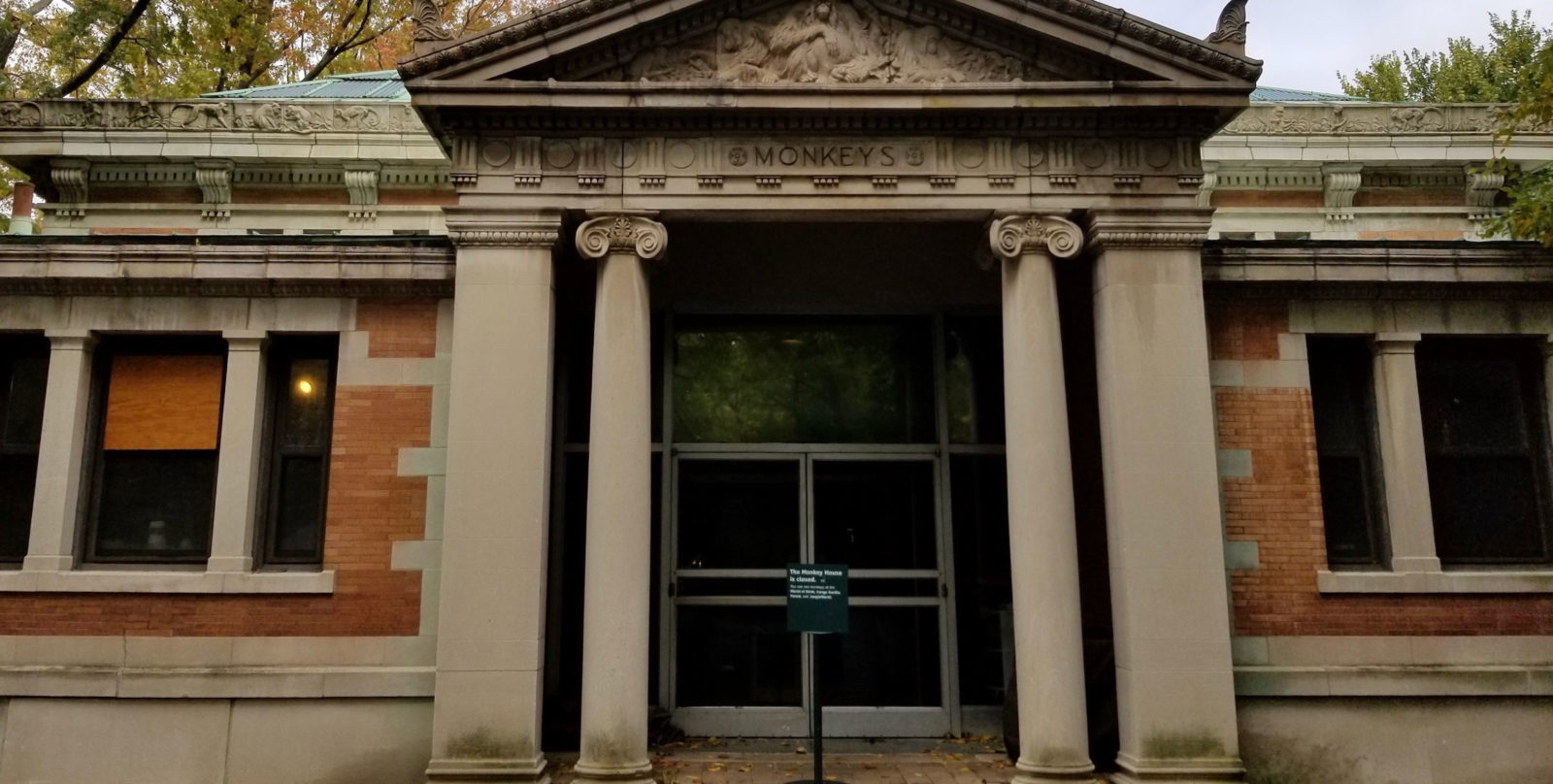


The Harm in “Harm Reduction”
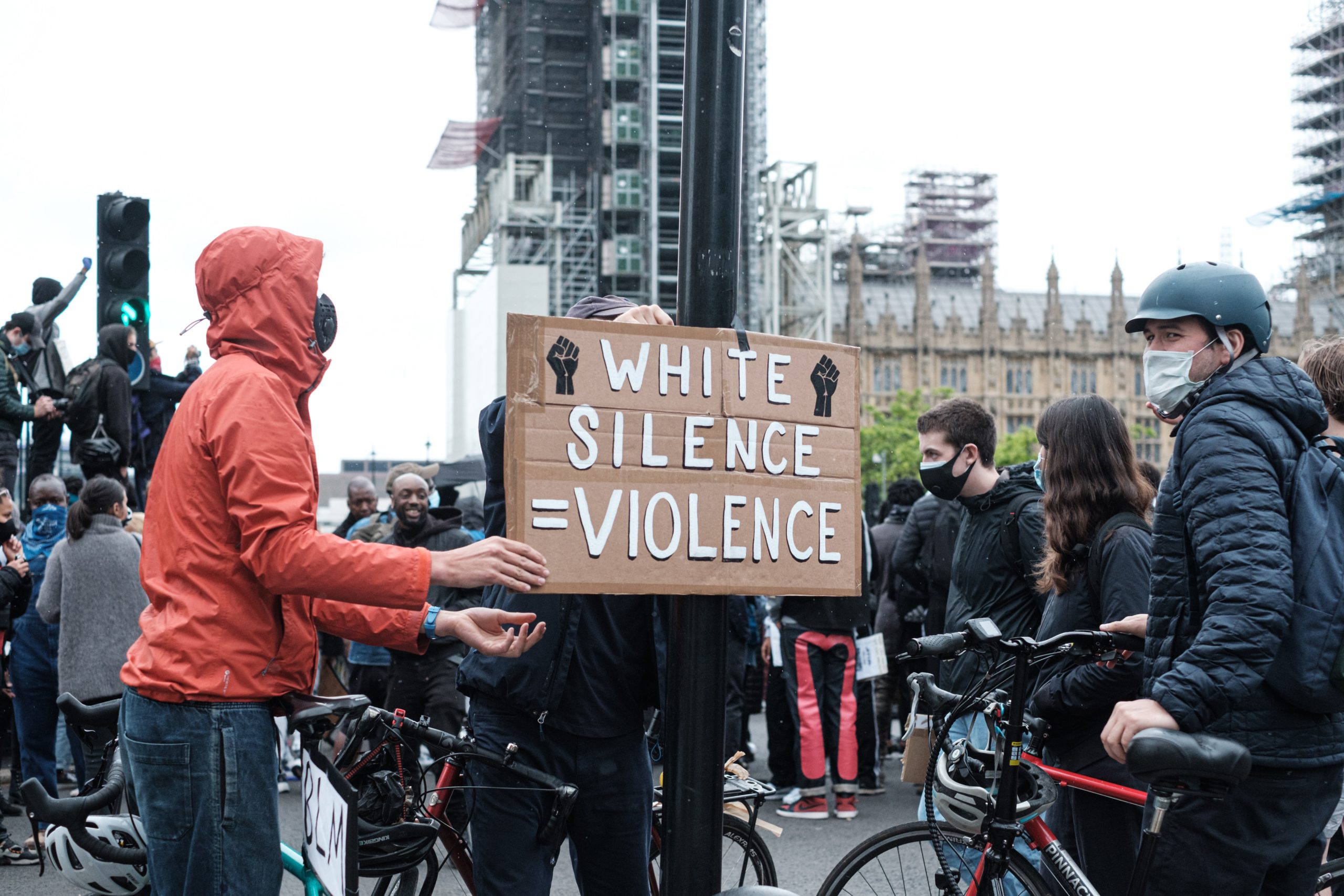
Cult Programming in Seattle
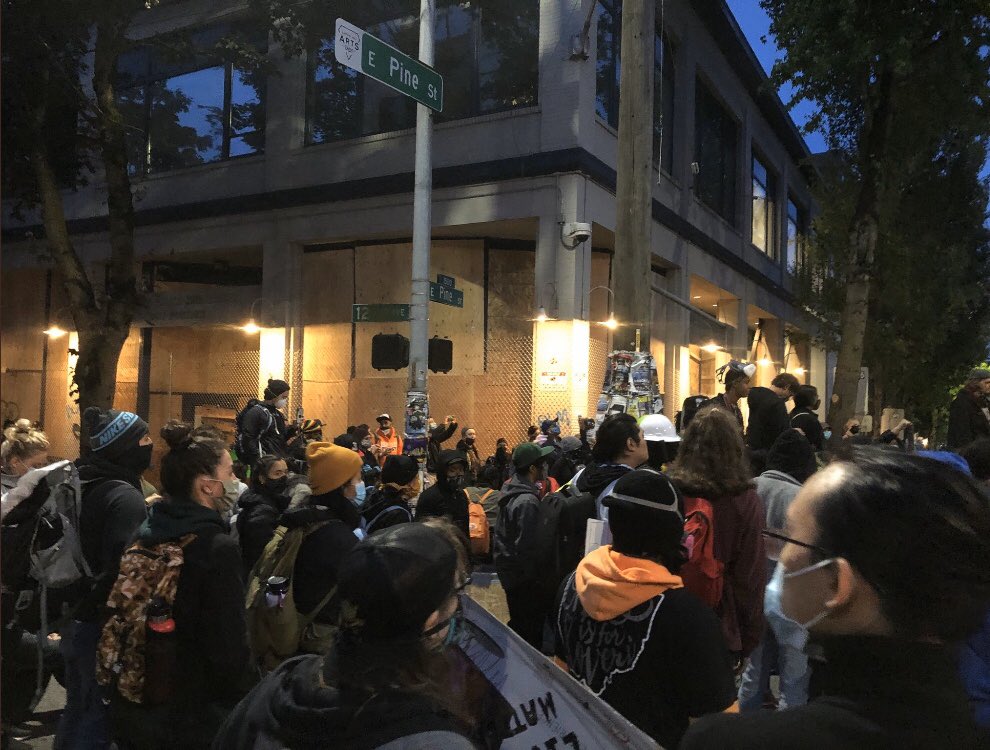
The State of CHAZ
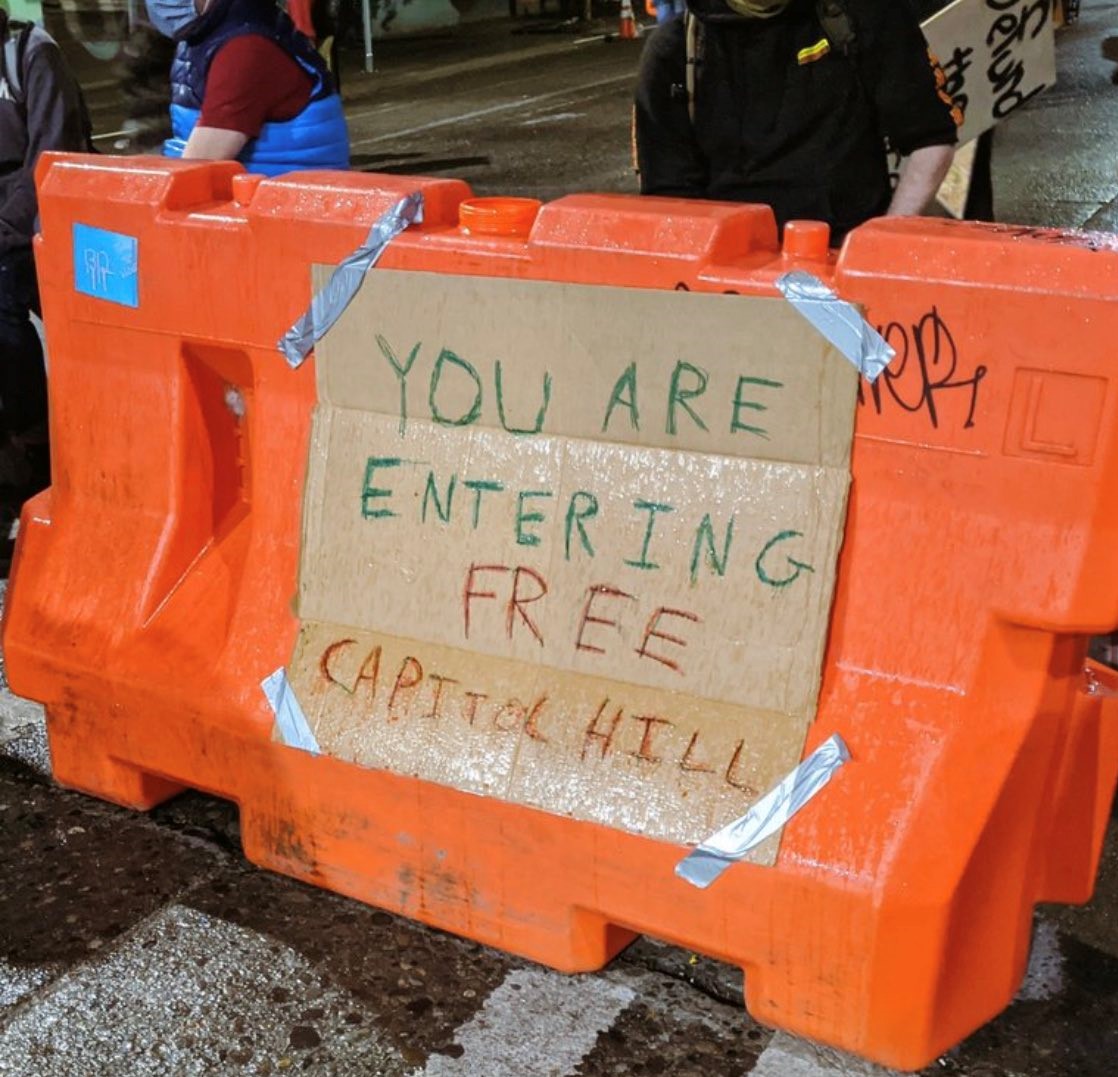
Anarchy in Seattle

Human Zoos — How “Science” Fueled the Racial Fire
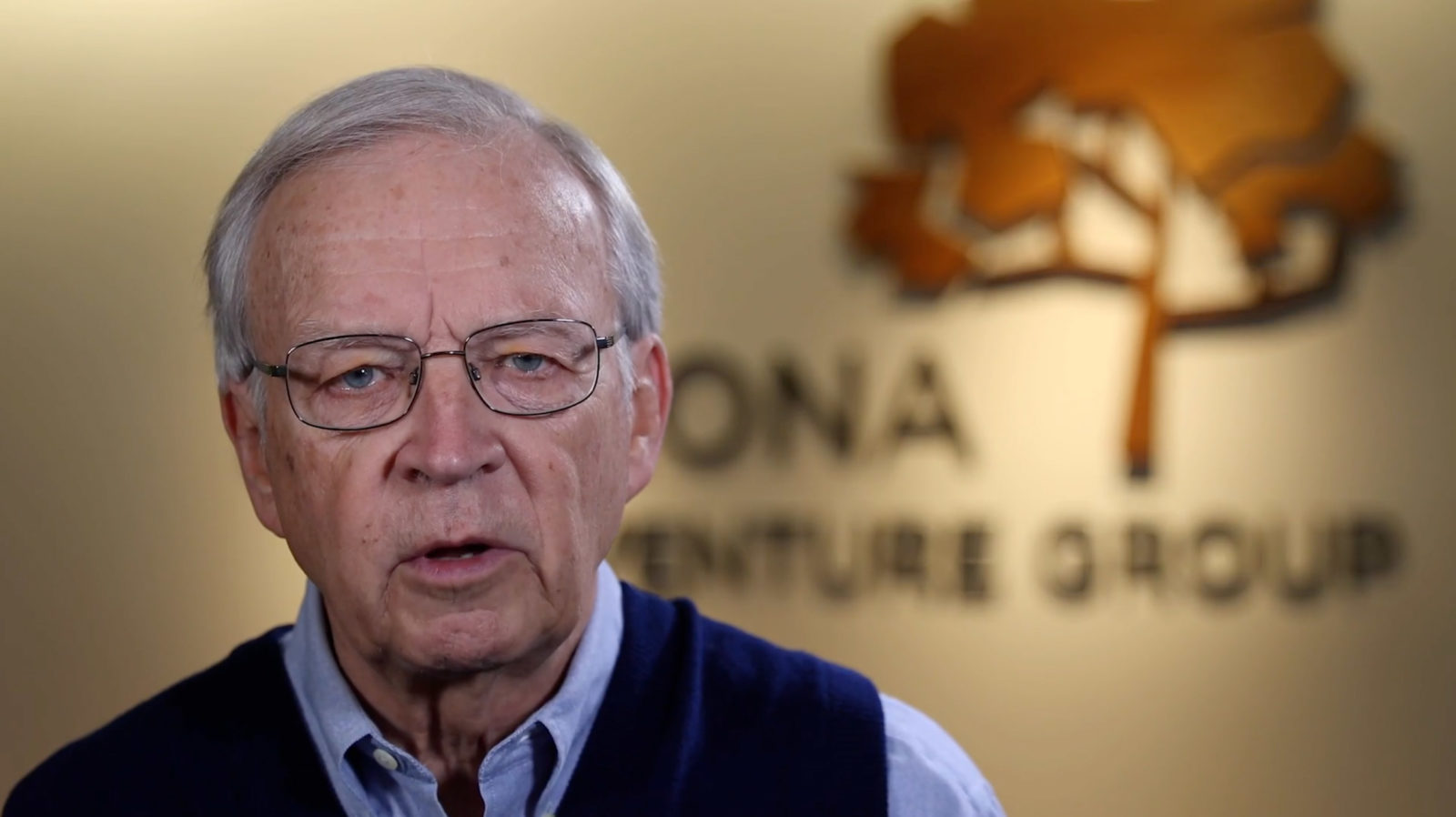
Discovery Founding Chairman Receives Lifetime Achievement Award From Seattle Business Magazine
Discovery Institute founding board chair Tom Alberg, who served on the board from 1991 to 2004, has been given a lifetime achievement award by Seattle Business Magazine for what they call his “uncanny knack for anticipating tech’s next blockbuster hit.” In addition to his tech senses, he also has a deep understanding of transportation and mobility challenges in the Puget Read More ›
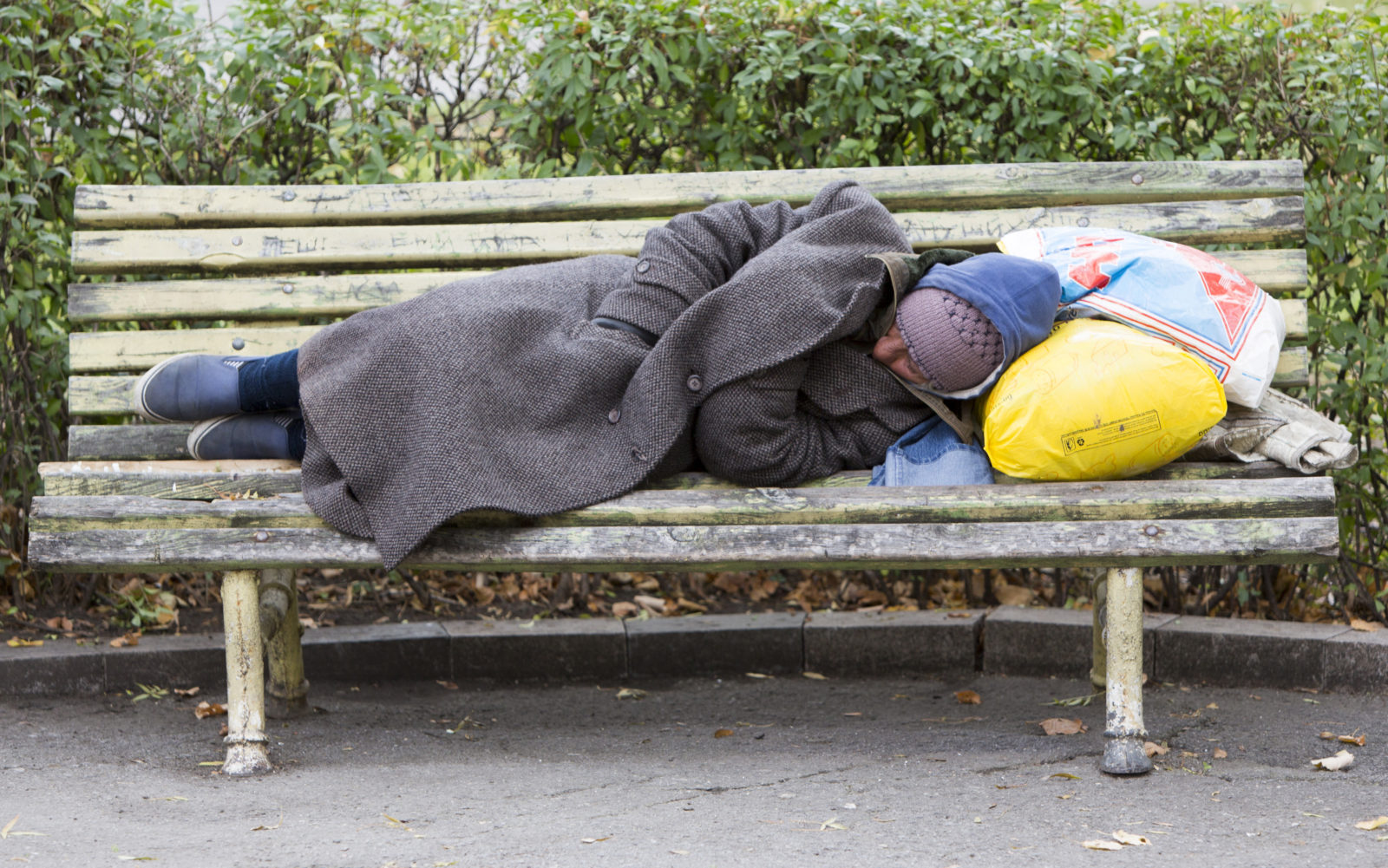
An Addiction Crisis Disguised as a Housing Crisis
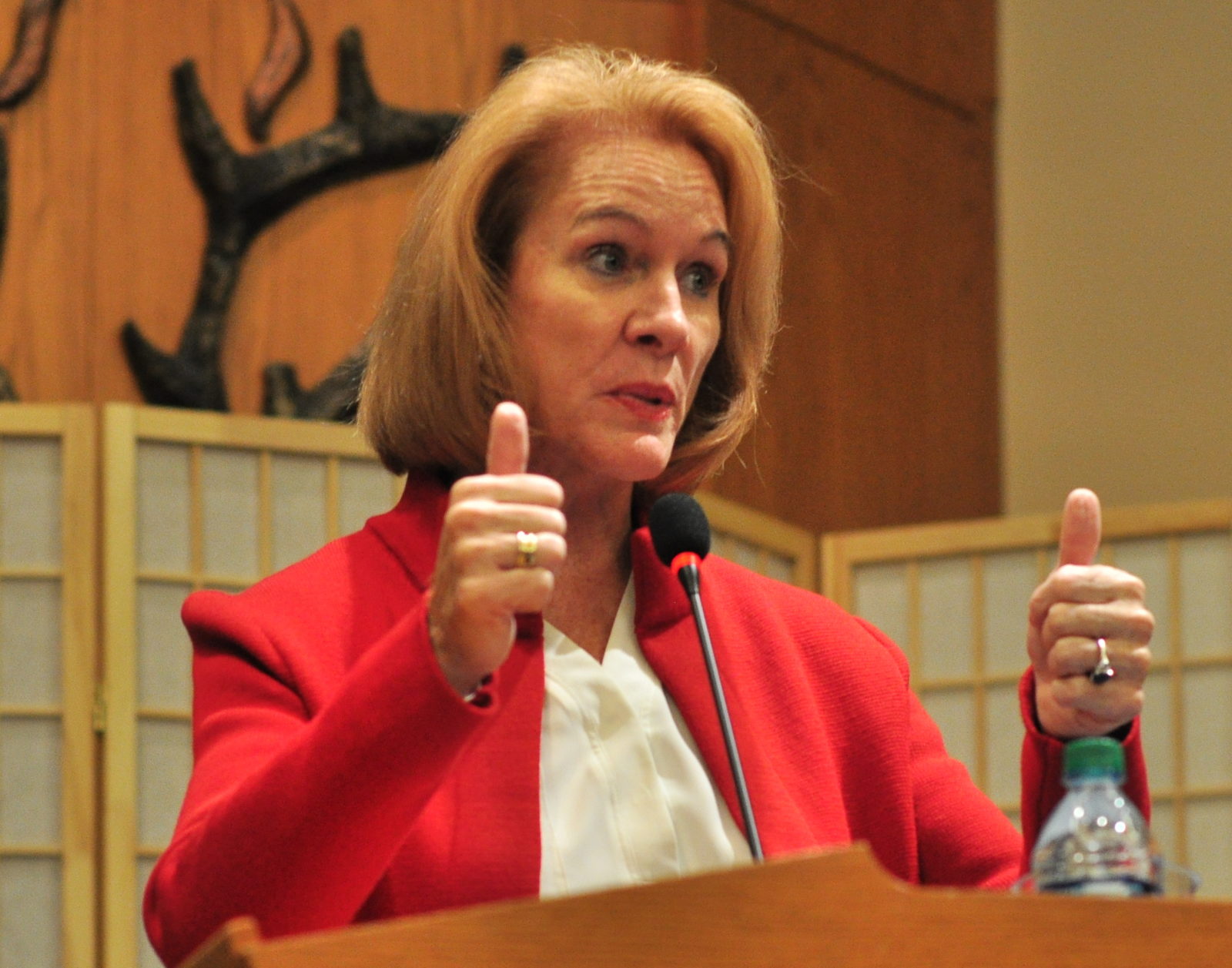
Seattle’s Revolt of the Elites
In Seattle, people are losing patience with city leadership over the homelessness crisis, but the frustration is running in both directions: the city’s political, cultural, and academic elites are conducting their own revolt — against the people.
Since the release of Eric Johnson’s documentary Seattle Is Dying, which depicts an epidemic of street homelessness, addiction, crime, and disorder, city elites have launched a coordinated information campaign targeted at voters frustrated with the city’s response to homelessness. Earlier this month, leaked documents revealed that a group of prominent nonprofits — the Bill & Melinda Gates Foundation, the Campion Advocacy Fund, the Raikes Foundation, and the Ballmer Group — hired a PR firm, Pyramid Communications, to conduct polling, create messaging, and disseminate the resulting content through a network of silent partners in academia, the press, government, and the nonprofit sector. The campaign, #SeattleForAll, is a case study in what writer James Lindsay calls “idea laundering” — creating misinformation and legitimizing it as objective truth through repetition in sympathetic media.
Read More ›